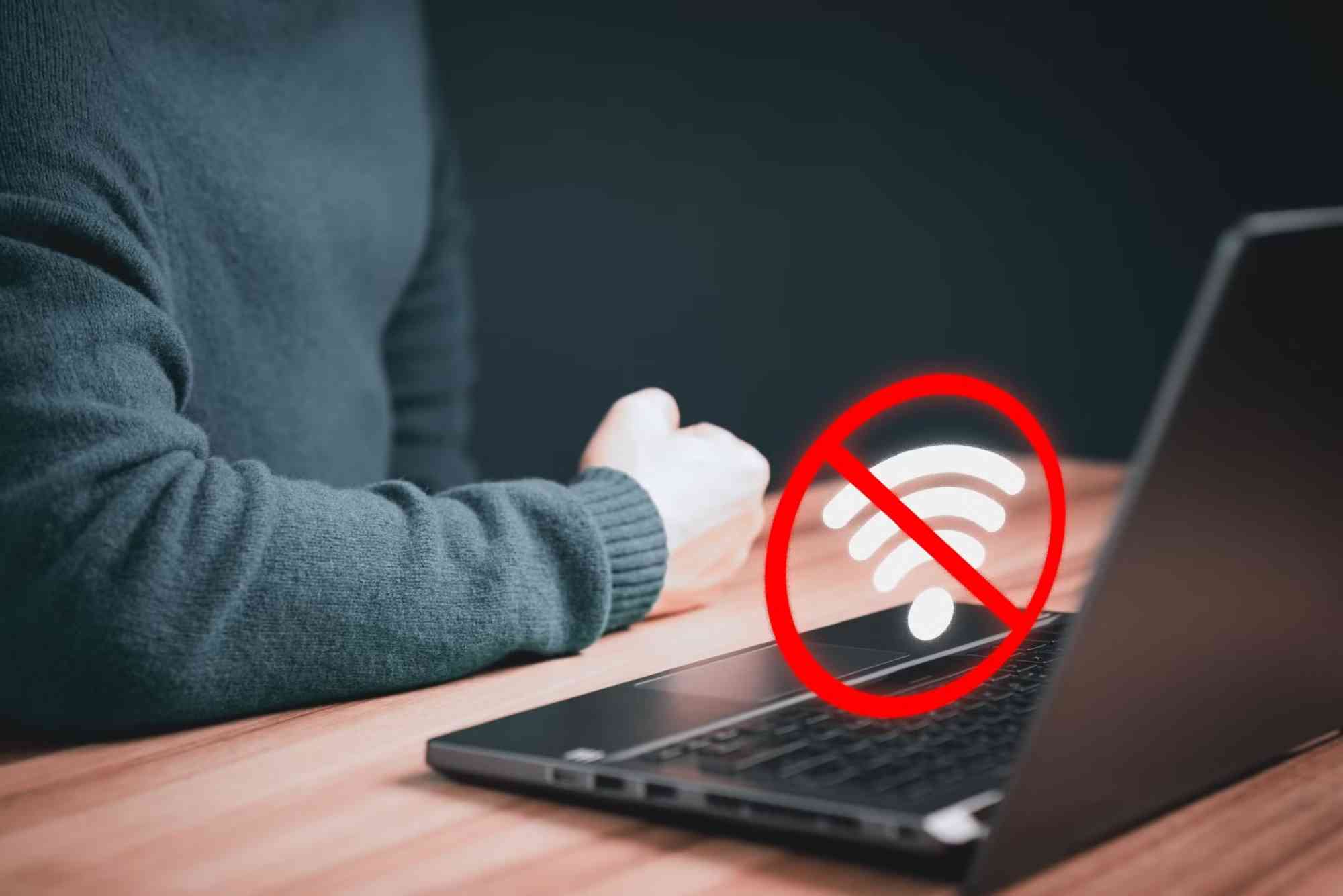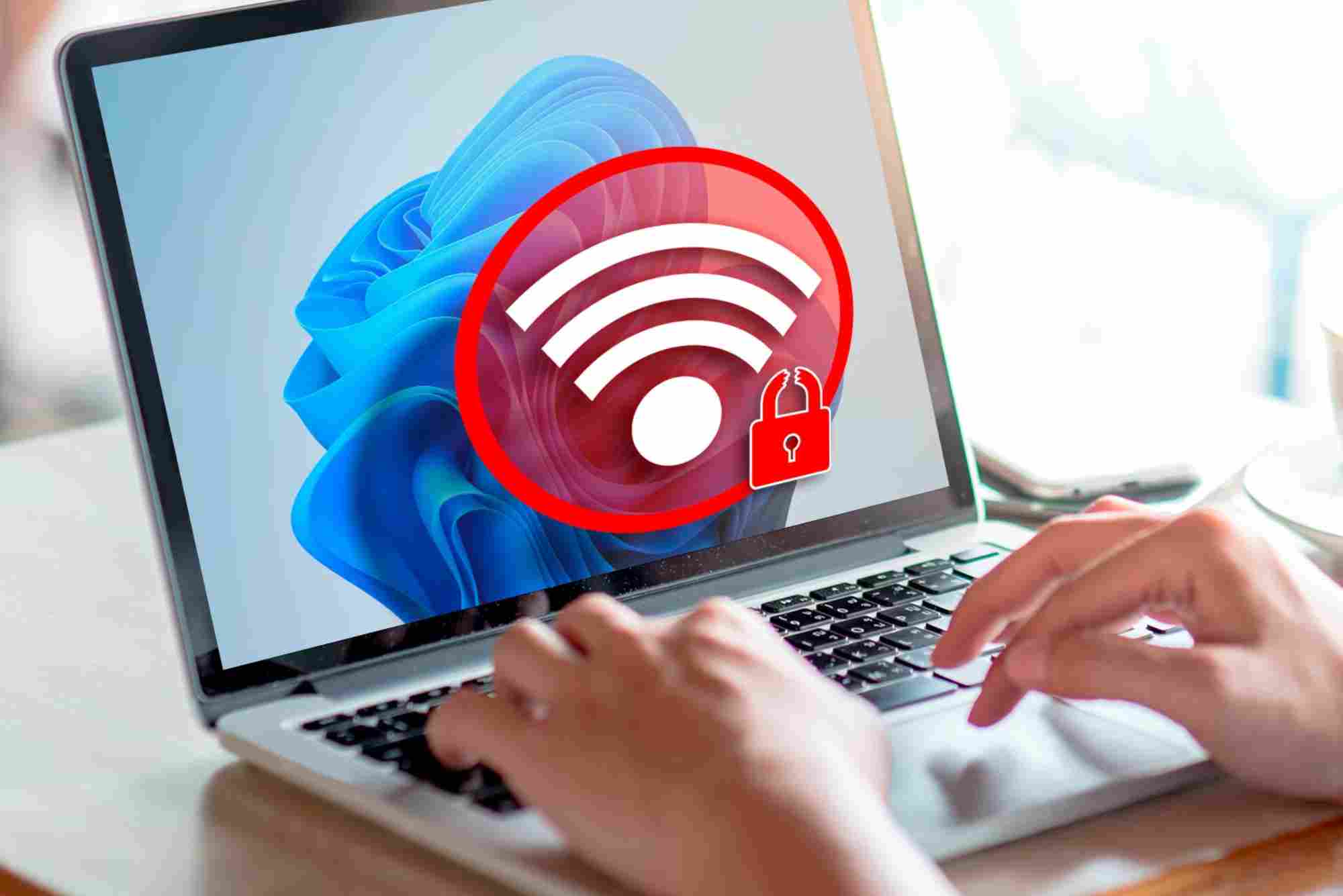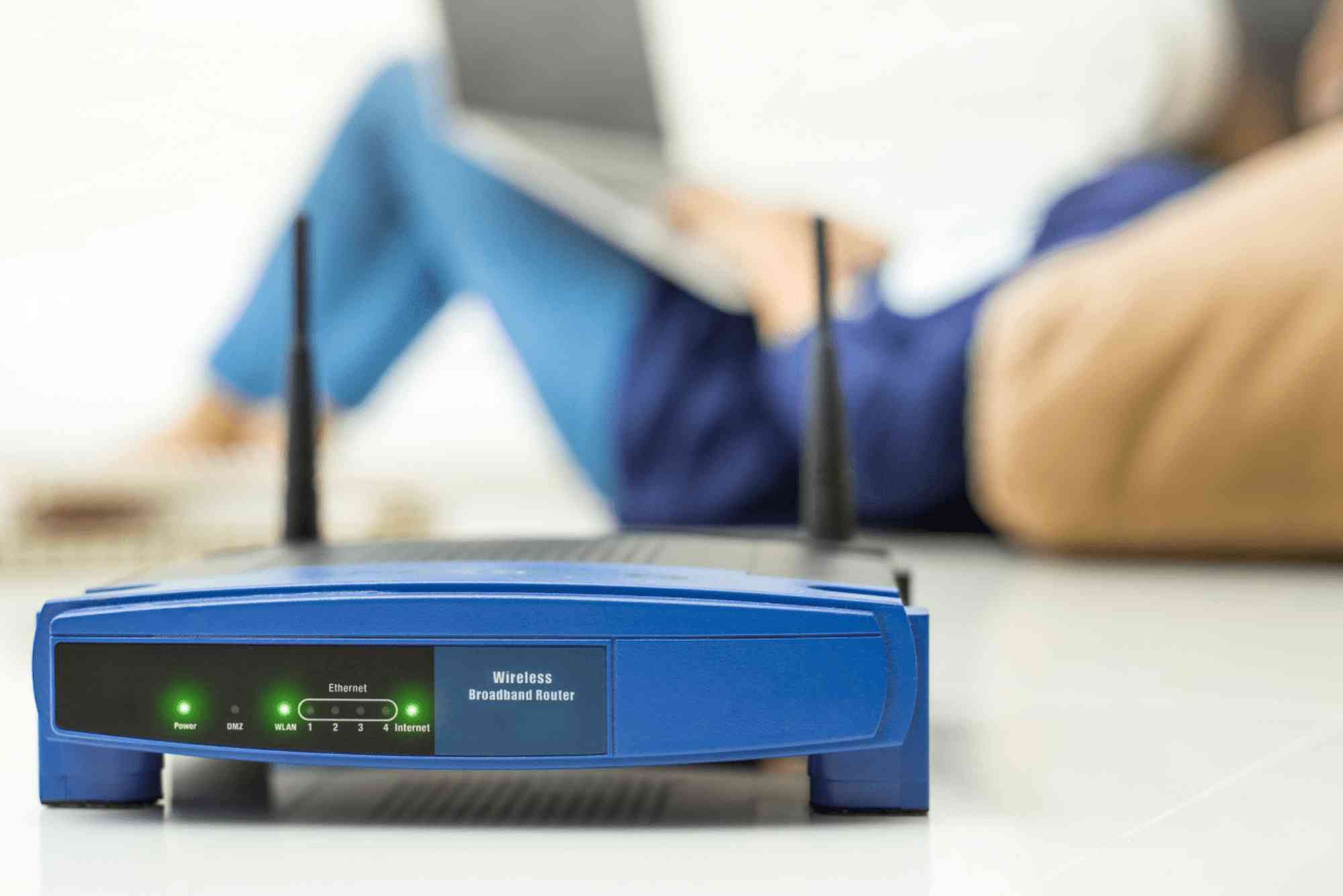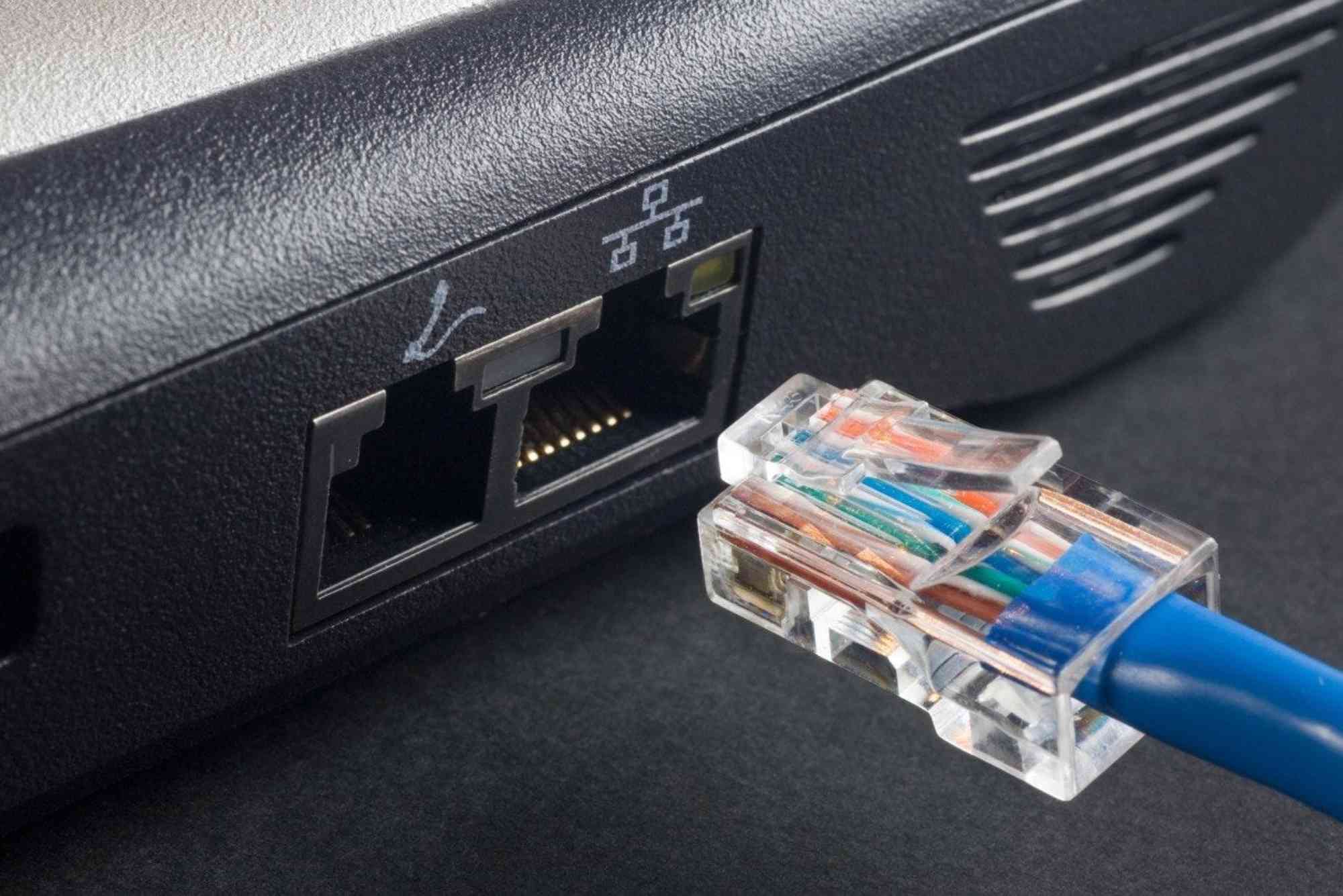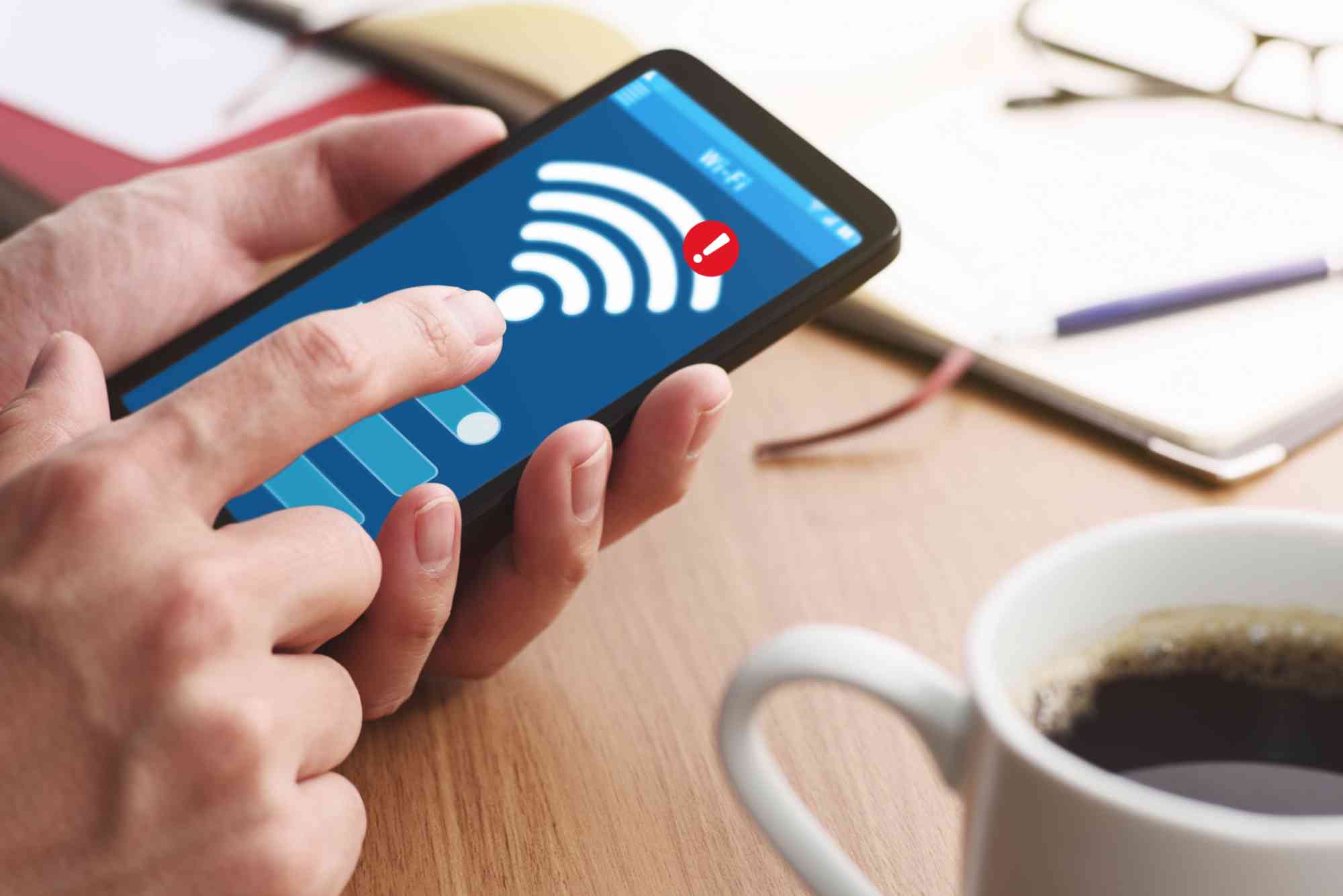Mobile Hotspot vs Tethering: What’s the Difference?
In today’s digital world, staying connected to the internet is more important than ever. Whether you’re traveling, working remotely, or need a quick backup connection, two common solutions are mobile hotspots and tethering. But many people confuse the two, and that’s where understanding mobile hotspot vs tethering differences becomes crucial.
Both methods allow you to share your smartphone’s data with other devices, but they work differently, and each comes with its own pros and cons. In this guide, we’ll explain the differences in simple terms, highlight real-world use cases, and help you decide which option suits your needs best.
What is Tethering?
Tethering is the process of sharing your smartphone’s internet connection directly with another device.
Types of Tethering
- USB Tethering – Connects your phone to a laptop via USB cable.
- Bluetooth Tethering – Shares internet using Bluetooth pairing.
- Wi-Fi Tethering – Turns your phone into a Wi-Fi source for nearby devices.
Advantages of Tethering
- Easy to set up.
- Often faster through USB connections.
- Good for single-device connections.
Limitations of Tethering
- Limited range.
- Can drain your phone’s battery quickly.
- Usually supports fewer devices compared to mobile hotspots.
What is a Mobile Hotspot?
A mobile hotspot is either a dedicated portable device or a feature in smartphones that creates a Wi-Fi network for multiple devices.
Dedicated Mobile Hotspot Devices
These small gadgets use a SIM card to provide internet access. They are designed specifically for sharing internet on the go.
Smartphone Hotspot Feature
Many modern smartphones allow you to enable hotspot mode, turning your phone into a temporary Wi-Fi router.
Advantages of Mobile Hotspots
- Can connect multiple devices at once.
- Greater range than tethering.
- Dedicated devices don’t drain your phone’s battery.
Limitations of Mobile Hotspots
- Requires a separate device if not using your phone.
- May need an additional data plan.
- Speeds may drop when too many devices connect.
Mobile Hotspot vs Tethering Differences
When comparing mobile hotspot vs tethering differences, the following points stand out:
Number of Devices Supported
- Tethering: Best for one or two devices.
- Mobile Hotspot: Can connect up to 10 or more devices.
Speed and Performance
- USB Tethering: Provides stable and often faster speeds.
- Hotspot: Wi-Fi-based and may face interference, but suitable for groups.
Battery Usage
- Tethering: USB tethering can charge your phone while connected.
- Hotspot: Heavy hotspot use drains the phone battery quickly.
Convenience
- Tethering: Quick and easy for short-term, single-device use.
- Mobile Hotspot: More practical for travel, groups, or multi-device connections.
Cost Factor
- Tethering: Uses your existing data plan without extra hardware.
- Hotspot: May need a dedicated device and data plan, adding costs.
When to Use Tethering vs Hotspot
Use Tethering If:
- You only need to connect one device.
- You want fast speeds through USB.
- You don’t want to carry extra devices.
Use Mobile Hotspot If:
- You need internet for multiple users.
- You want reliable connectivity during travel.
- You prefer separating your phone use from internet sharing.
Real-Life Example: Remote Work Scenario
Imagine you’re a freelancer working from a café with poor Wi-Fi. Connecting your laptop via USB tethering gives you stable internet without draining your phone battery too quickly.
On the other hand, if you’re traveling with friends and need to share the internet with multiple devices, a dedicated mobile hotspot is the smarter choice.
For reliable connectivity options, services like Dhanote Internet Services offer tailored solutions for individuals and businesses.
FAQs
Is tethering the same as using a hotspot?
No. Tethering shares internet directly via USB, Bluetooth, or Wi-Fi, while a hotspot creates a Wi-Fi network for multiple devices.
Which is faster, tethering or mobile hotspot?
USB tethering usually provides faster and more stable speeds compared to Wi-Fi hotspots.
Does tethering use more data than hotspot?
Both use the same amount of data; it depends on how many devices are connected and how they’re used.
Can I use tethering without Wi-Fi?
Yes. Tethering uses your phone’s mobile data, not Wi-Fi.
Is a dedicated mobile hotspot worth buying?
Yes, if you travel often, need multi-device connections, or want to save your phone battery.
Understanding mobile hotspot vs tethering differences helps you make smarter connectivity choices. If you’re connecting one device and need speed, tethering is often better. But if you want to share internet with multiple users, a mobile hotspot is the way to go.

